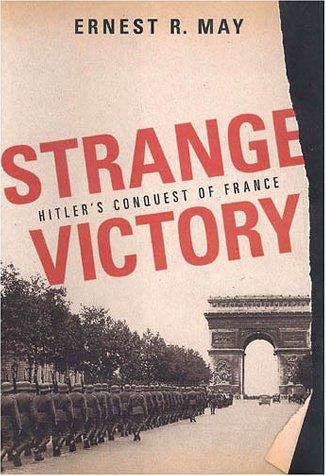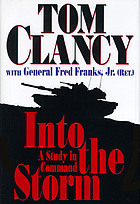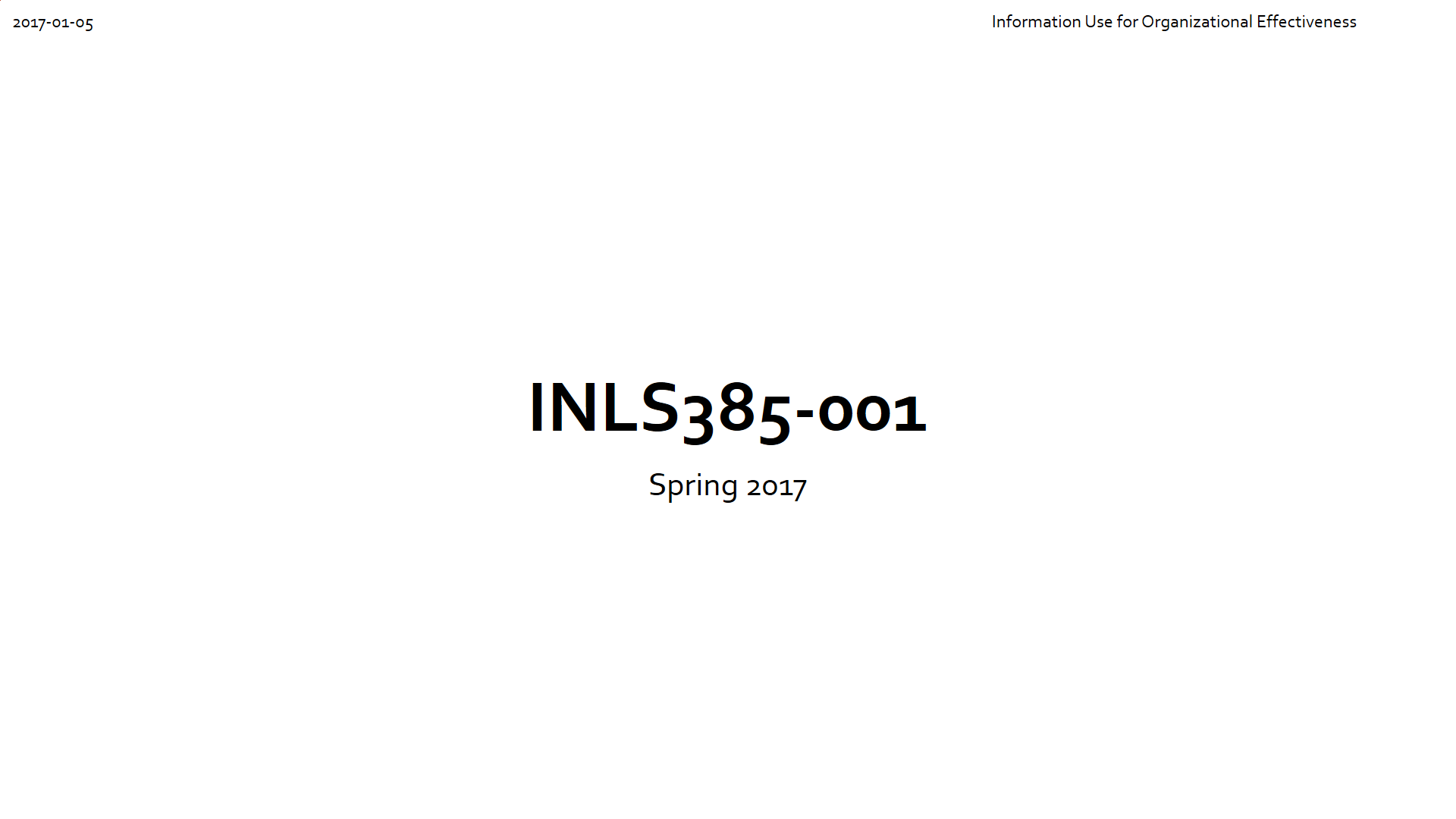creation of organizational memory
read to prepare yourselves for session 20
Strange Defeat

Read from page 25 through page 36
our leaders, or those who acted for them, were incapable of thinking in terms of a new war. In other words, the German triumph was, essentially, a triumph of intellect -- and that is what makes it so peculiarly serious
You may read further, but reflect on that last statement.
The book focuses on the causes of the French defeat in the Battle of France in 1940 ... The main thesis of the book is that the French leadership failed to recognize that, since World War I,
the whole rhythm of modern warfare had changed its tempo.
There are only three chapters:
- Presentation of the Witness, being a short personal history of a life devoted to historical study and interrupted by World War I
- One of the Vanquished Gives Evidence, a factual account of his experience in the battle of France
- A Frenchman Examines His Conscience, a biting analysis of the thinking and actions of the generation between the wars
Bloch reports a harsh and forthright view of the cause of the defeat as he and fellow officers saw it at the time (p. 20 of the printed French edition, p. 45 of the manuscript, written between July and September 1940):
... whatever the deep-seated cause of the disaster may have been, the immediate occasion was the utter incompetence of the High Command.
Strange Victory

The essential parts of this book are not available online, but reflect in particular on several thoughts.
- On page 449
France was handicapped by having been the victor in the Great War.
- On page 460
the essential thread in the story of Germany's victory over France hangs of the imaginativeness of German war planning and the corresponding lack of imaginativeness on the Allied side.
from the WorldCat listing
The author examines the book Strange Defeat by the French historian Marc Bloch and "argues that Germany's success is even more of a puzzle than Bloch could have imagined, for we now know that its armed forces were measurably inferior to those of France and its allies, even in tanks, and its top military leaders all considered an attack on France to be a long-odds gamble.
Into the Storm: A Study in Command

This is an account of what was an overwhelming victory, from the perspective of one of the key actors.
- Read from "Organization" on page 140 to "Principles" on page 151 to get a sense of how Fred Franks' organization was structured
- Then read from "Rendezvous with MG Griffiths somewhere in Iraq about 0830" on pages 297 to 299 to get a sense of how difficult it was for LTG Franks to find out what was going on.
- Continue that theme with the sections starting with the star on page 500 and continuing to page 515. It was very difficult, even with all the planning and information tools, for LTG Franks to "see" the situation.
- Finally, read pages 566 to 569 from "Conversation with the CINC" to "enemy forces" to get a sense of how higher echelons of command had a seemingly different sense of the situation. Who was right?
Also, glance at these for some context
- Czwerinski, M., Gage, D.W., Gemmell, J., Marshall, C.C., Perez-Quinones, M., Skeels, M.M. and Catarci, T. (January 01, 2006). Digital memories in an era of ubiquitous computing and abundant storage. Communications of the Acm, 49, 1, 44-50.
- Moorman, C., & Miner, A. S. (February 01, 1997). The Impact of Organizational Memory on New Product Performance and Creativity. Journal of Marketing Research, 34, 1, 91-106.
things we'll talk about
- connect organizational memory to organizational decision making: how do organizations learn from experience?
- plan to discuss Moorman's observations about an organization's ability to succeed with new product development when they continue to work with products similar to those they created in the past
- what does this suggest about organizational memory and its role in organizational success?
If the session will include an in-class exercise, it will be noted here.
[top]


